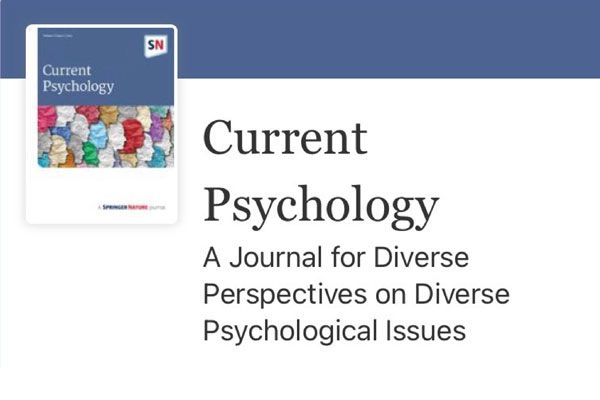Notifications list
The mediating effect of student-teacher relationships for the relationship between empathy and aggression: insights from Slovenia and Croatia
Published: 10.10.2022.

Ana Kozina, Manja Veldin, Mojca Rožman i Ivana Pikić Jugović are the authors of the paper “The mediating effect of student-teacher relationships for the relationship between empathy and aggression: insights from Slovenia and Croatia“. The paper is published in “Current Psychology“.
Numerous interventions in the school environment focus on supporting empathy to prevent aggressive behaviour. But when planning interventions inside classrooms one needs to consider the context of each specific classroom, e.g., relationships between students and teachers. Based on the Developmental System Theory and Bronfenbrenner’s Ecological System Model, this study examines the mediating effect of the positive and negative student-teacher relationships on the relationship between empathy (cognitive and emotional components) and aggression. We use a randomised sample of 539 students from two countries (Slovenia: N = 271, M = 12.91 years, 56.3 % female; Croatia: N = 268, M = 13.60 years, 47.4 % female). We measure empathy with the Interpersonal Reactivity Index, aggression with the AG-UD Aggression Scale and student-teacher-relationships with the Perceived Quality of Student-Teacher Relations measures. The findings show that empathy plays an important role in aggression, but interestingly, the component is different in the two countries. In Slovenia, there is a significant negative direct path from the cognitive component of empathy, Perspective taking, to aggression, while in Croatia, there is a similar path, but starting from the emotional component of empathy, Empathic concern. In both countries, Negative student-teacher relationships mediated the relationship between the mentioned components of empathy and aggression, thus showing the importance of classroom context, e.g., the relationships with teachers, when addressing empathy and aggression of students in the school context. The practical implication based on our findings is the prevention of negative student-teacher relationships and the promotion of empathy among students (as well as teachers).
